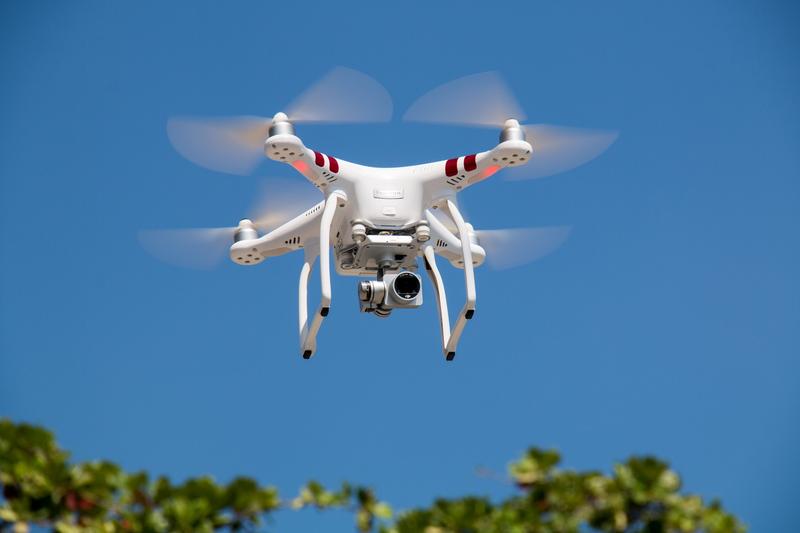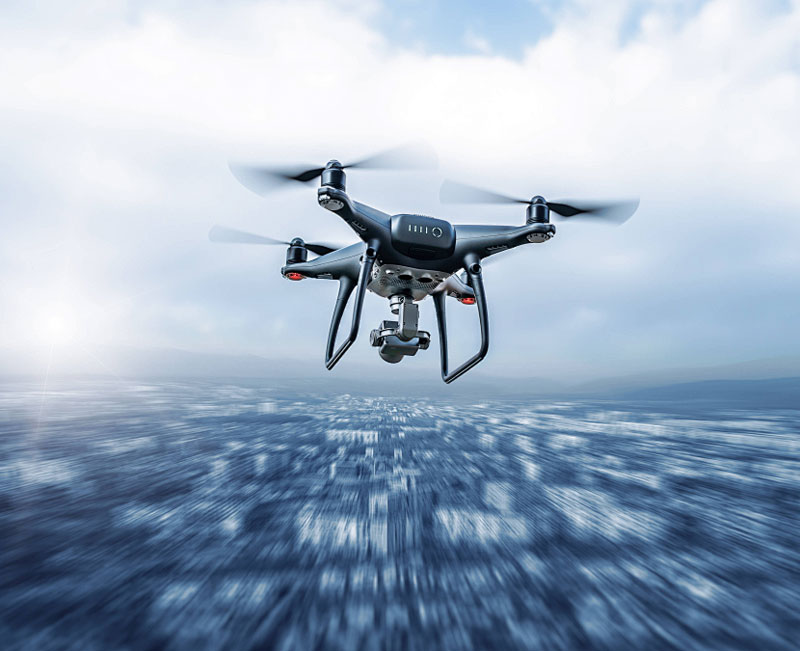In recent years, the demand for skilled drone operators has surged across various industries, from agriculture to filmmaking, construction to real estate, and beyond. This increasing reliance on drone technology raises a crucial question: what is the typical drone operator salary, and what factors influence it?
Factors Impacting Drone Operator Earnings
Several key elements contribute to determining a drone operator’s salary. Experience level is a major factor; a seasoned professional with years of experience can expect higher pay compared to newcomers in the field. Additionally, the industry in which a drone operator works significantly affects earnings. For example, operators in the entertainment business or specialized technical industries may earn more due to the complex nature and high stakes of their work.

Geographical Location
The location where a drone operator is employed also plays a role in salary variation. Urban areas or tech hubs, where demand for drone services is high, typically offer more competitive salaries than rural locations.
Certification and Training
Certifications, such as a Part 107 license from the Federal Aviation Administration (FAA), are essential for legal commercial operations in the U.S. The more certifications an operator holds, the better their salary prospects will be, owing to the expanded scope of work they can legally undertake.
Equipment Expertise
Operators skilled in handling advanced drone technologies and software may also command higher pay. Those capable of operating drones with specialized attachments or navigating complex software setups are often in high demand.
Average Salary Figures
When it comes to actual figures, drone operator salaries can vary widely. On average, as of the latest data, a drone operator in the U.S. might earn between $50,000 and $70,000 annually, with potential for higher earnings in specialized sectors. Entry-level positions can start lower, around $30,000 per year, but with experience and advancement, earnings can increase significantly.
Additional Benefits and Opportunities
- With the continuing rise of drone technology, many operators also enjoy additional benefits such as health insurance, retirement plans, and bonuses based on project performance.
- Operators have the opportunity to work in diverse environments, from breathtaking landscapes to bustling cityscapes, providing a rewarding and varied career experience.
Future Prospects
The future for drone operators looks promising. With technological advancements and increasing applications in industries like logistics, safety inspections, and public services, there’s potential for job roles to expand further, possibly leading to salary increases and more career opportunities.

FAQs about Drone Operator Careers
Do drone operators need formal education?
While a formal degree isn’t necessary, vocational training and certification, particularly FAA’s Part 107, are required for commercial drone operations. Continual learning through workshops and courses can also enhance professional prospects.
Can drone operators work independently?
Yes, many operators freelance or own their drone service businesses, offering flexibility and the potential for substantial earnings.
What industries are hiring drone operators?
Industries such as real estate, agriculture, construction, filmmaking, and security frequently hire drone operators for various applications including survey, inspection, documentation, and marketing.
